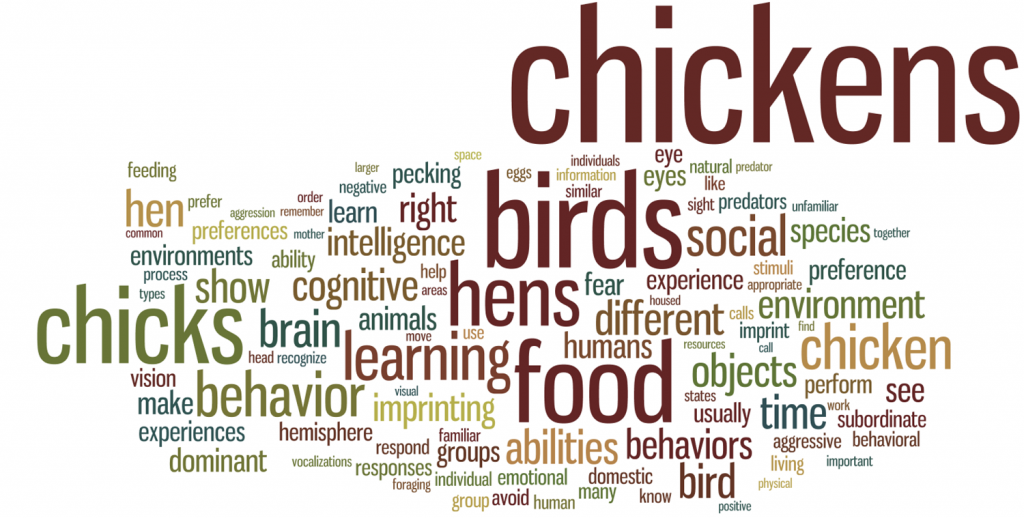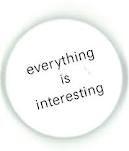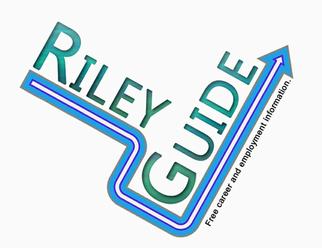Dr. Joseph Barber
It is hot outside, if you haven’t noticed, and so it is a perfect time to wordle the day away in the cool oasis of an air conditioned room. OK, “to wordle” isn’t actually a verb. It is way to make one of those nice looking “word cloud” images, and you can do it right now by following this link. I’ve made my own word cloud for a chapter I recently wrote for a book about chickens. The larger the words in the cloud, the more frequently they appeared in my text. It shouldn’t take you long to guess the general theme of the chapter I was writing (hint: it was definitely about chickens, but also about their cognitive abilities, intelligence, and learning capacity within their social environment).
Thrilled as you might be (and should be) to learn about chickens, and to have a new toy to play around with when it is hot outside, you might be wondering why I am even writing about this. How could a word cloud help you seek out your next job or career? Well, one possible use for this approach is to see what common themes arise from your job application materials. Copy and paste the text from a cover letter, teaching philosophy, or research statement using the Wordle website, and you can get a glimpse at the type of language you are using to define yourself – the common terms that you use the most. Are these the types of terms and descriptions that the employer is looking for? Copy and paste the words from a job description itself, and from the “about us” page of the institution’s website, and you can create a corresponding word cloud that may point out the terms most frequently used by the employer. The goal in any job application is to try to describe your past and present experiences in the language used by your future employer so that they have an easier time imagining you working for them. What that could mean is that the most frequently used terms in your word cloud should overlap to a certain degree with their most frequently used terms.
OK, Wordle is not really a tool that is designed to compare your job application materials to job descriptions, and chances are it may not be as useful as I would like to imagine it could be. However, it always helps to get an objective perspective on the way you are portraying yourself to potential employers, and Wordle will give you an honest assessment of how frequently you use certain words to do so (you also might like to stop in for an appointment with an advisor – our offices are deliciously cool). Besides, it is certainly better than standing out in that insufferable heat. That is something that only mad dogs and Englishmen would do…, which probably means that I should get my coat and hat and find somewhere where I can get a decent cup of hot tea around here.







